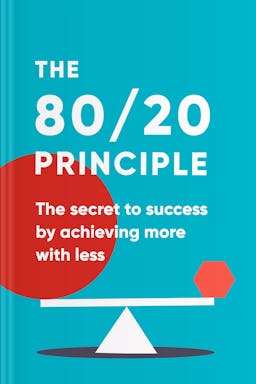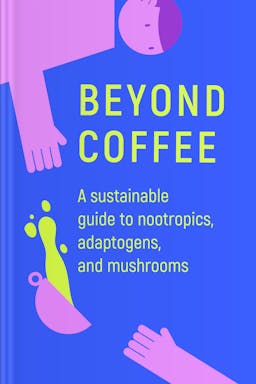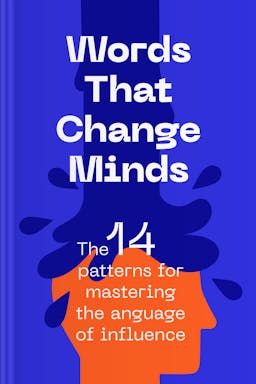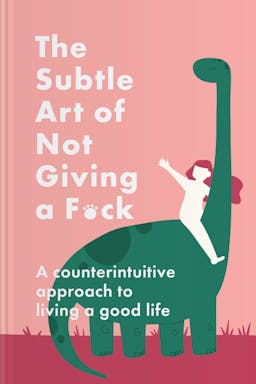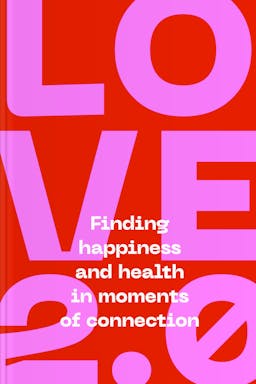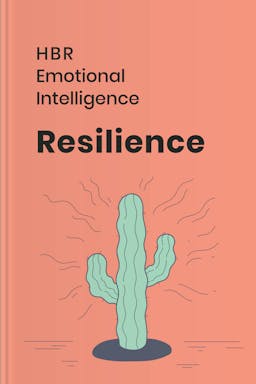

Summary of Outliers
Short summary
Table of content
- Summary of Outliers
- About the author
- What is Outliers about?
- Who should read Outliers
- Topics in Outliers
It is not enough to ask what successful people are like; their ancestry and environment play equally significant roles in their success story
The same holds true for successful people. What is the question we always ask about the successful? We want to know what they're like — what kind of personalities they have, how intelligent they are, what kind of lifestyles they have, or what special talents they might have been born with. And we assume that it is those personal qualities that explain how that individual reached the top. We need to look beyond their nature to their environment to fully understand the factors responsible for the successes they achieve.
People don't rise from nothing. We do owe something to parentage and patronage. The people who stand before kings may look like they did it all by themselves. But in fact, they are invariably the beneficiaries of hidden advantages and extraordinary opportunities and cultural legacies that allow them to learn and work hard and make sense of the world in ways others cannot. It makes a difference where and when we grew up. The culture we belong to and the legacies passed down by our forebears shape the patterns of our achievement in ways we cannot begin to imagine.
A Canadian psychologist, Roger Barnsley, was the first to draw attention to the phenomenon of relative age. He found that virtually all professional hockey players in Canada were born between January and March. The professional hockey player starts out a little bit better than his peers. And that little difference leads to an opportunity that makes that difference a bit bigger, and that edge, in turn, leads to another opportunity, which makes the initially small difference bigger still — and on and on until the hockey player is a genuine outlier. But he didn't start out an outlier. He started out just a little bit better. The sociologist Robert Merton famously called this phenomenon the “Matthew Effect” after the New Testament verse in the Gospel of Matthew: “For unto every one that hath shall be given, and he shall have an abundance. But from him, that hath not shall be taken away even that which he hath.”
Researchers have settled on what they believe is the magic number for true expertise: ten thousand hours

Geniuses are the purest forms of outliers but the outcome of their lives buttress the fact that talent and hard work are not the only determinants of outstanding success
Successful people do not do it alone; they are the products of particular places and environments
The “culture of honor” hypothesis says that it matters where you’re from, not just in terms of where you grew up but in terms of your ancestry
By taking cultural legacies seriously, we can learn something about why people succeed and how to make them better at what they do
No one who can rise before dawn three hundred sixty days a year fails to make his family rich
Outliers are those who have been given opportunities and who have had the strength and presence of mind to seize them
Conclusion
What is Outliers about?
Who should read Outliers
Topics in Outliers


Enjoy summarized nonfiction bestsellers
Grasp the book’s key ideas in less than 15 minutes
Get startedGet new knowledge easily
Let’s check how many titles you can finish in a month with Headway! Tell us how much time you’d like to spend on reading:
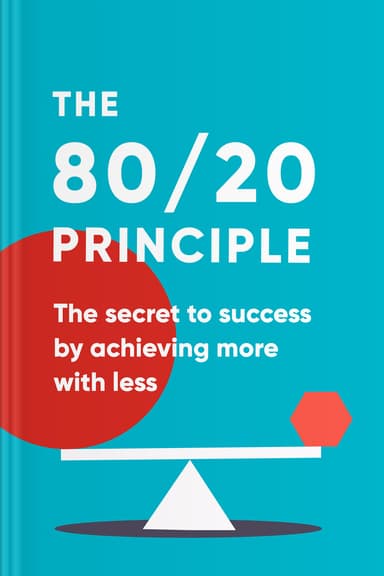

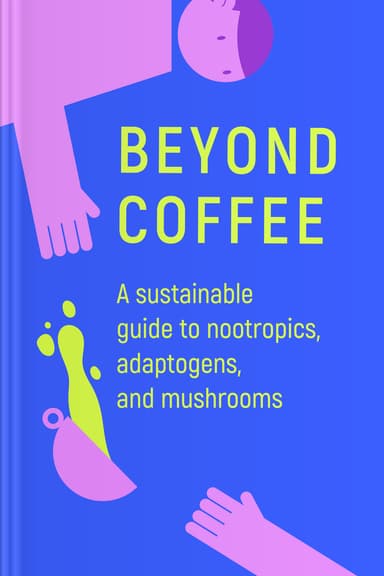
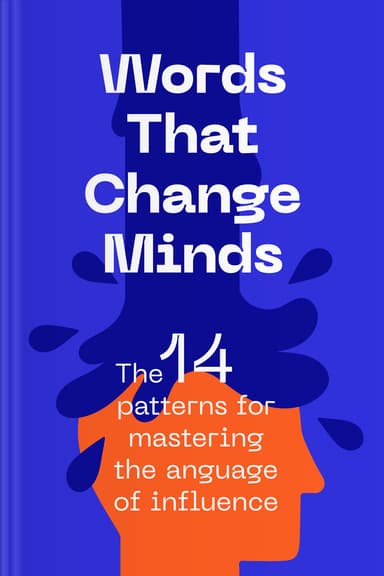




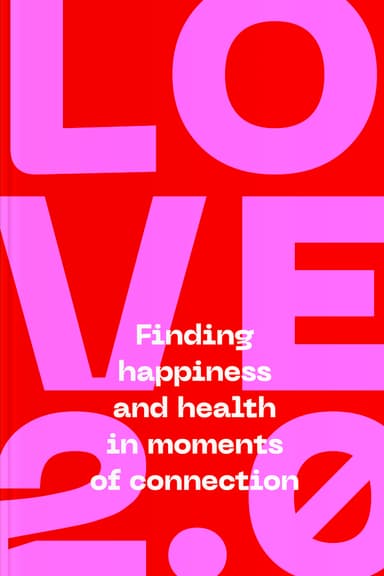


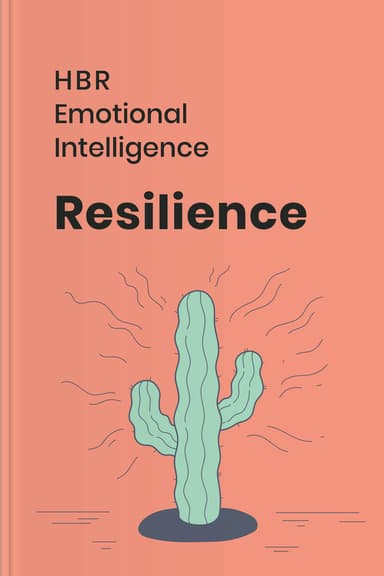





Join 30+ million learners around the world
Everything you need to be motivate, to learn & to self improves is all here. I actually do appreciate the reminders because otherwise this wouldn’t work for me. Thank you
Headway is the answer! No longer accumulating books I never read. With Headway, I initially chose the areas important to me such as productivity, time management, etc., and each day I'm provided several book summaries from which I devote 20 minutes or more each day reading. All of this on my phone! My life has improved with Headway. Truly my most useful app.
An excellent concept, executed well. Headway can help you retain what you've read while introducing you to the essential core of new information. It's an easier way to stay inspired, and to be reminded of the mental tools you've learned
In today’s world, we rarely have time. Between our jobs, our families are social obligations, when do we have time to grow and develop ourselves? Headway is an excellent app that gives you that time it gives you those little snippets of information that you need to direct your focus in on your life. Headway gives you a chance to find out the meat of a book that you might want to purchase and read or listen to in-depth without wasting a lot of time trying to figure out is this book for me? I highly recommend the app.
The selections are on point and the summaries are excellent! I listen while I walk my pup 🐶 and have in turn, ordered a few selections! REALLY loving the app, it’s layout, daily selections and features!
I've gotten multiple books out of the library with the intent to read them, but always have a hard time finding the time. This app has helped me finally be able to get to them. Summarized, yes, and thank goodness too! Just short enough I can finish one on my way picking kids up from school/practice, or while I'm cooking dinner. I can't wait to listen to them over the summer when we visit the beach!
It amazed me! There is the possibility to highlight the most important points of each book and instantly translate unfamiliar vocabulary. With the ability to review the searched words. It's a great way to learn more about English as well. The price is great.
I’m enjoying what I’m learning on headway.each summary comes with quotes at the end which you can save to help you remember key points. You can listen or read, I’ve found that reading puts me to sleep before I can finish but the listening feature keeps me engaged and I can finish in a brief amount of time if not one session.
The app it’s so easy to use. I use it while driving or cooking and is great. I love the fact that the chapters are short, so you can finish them quickly. Very knowledgeable.
The best app for self development.It helps to keep pace with your reading and also suggests the kind of reading material you might like.It is fun as you can switch from reading to listening and vice-versa as per your convenience .Just get started and partake of the treasure of knowledge at your fingertips .I feel lucky to have spotted the app.It has helped me become self-disciplined and much better informed.The audio track is excellent.
Exactly what I need! I always have booklist to read, but can't committed enough to finish/start bc of too much pages. Headway is really helpful and concise with their summary. What I love the most is that the essence of the book is well crafted, so I don't only read the key points, but also there's the story and how personality of the author still well shown through the summary. Well done!
This is outstanding best app ever and honestly whoever came up with is my app is an absolute genius kudos my gratitude definitely goes out and I’m only on my first week free trial and I’m certainly going to purchase this app annually. Now that I have it, I can’t even imagine living without it.












